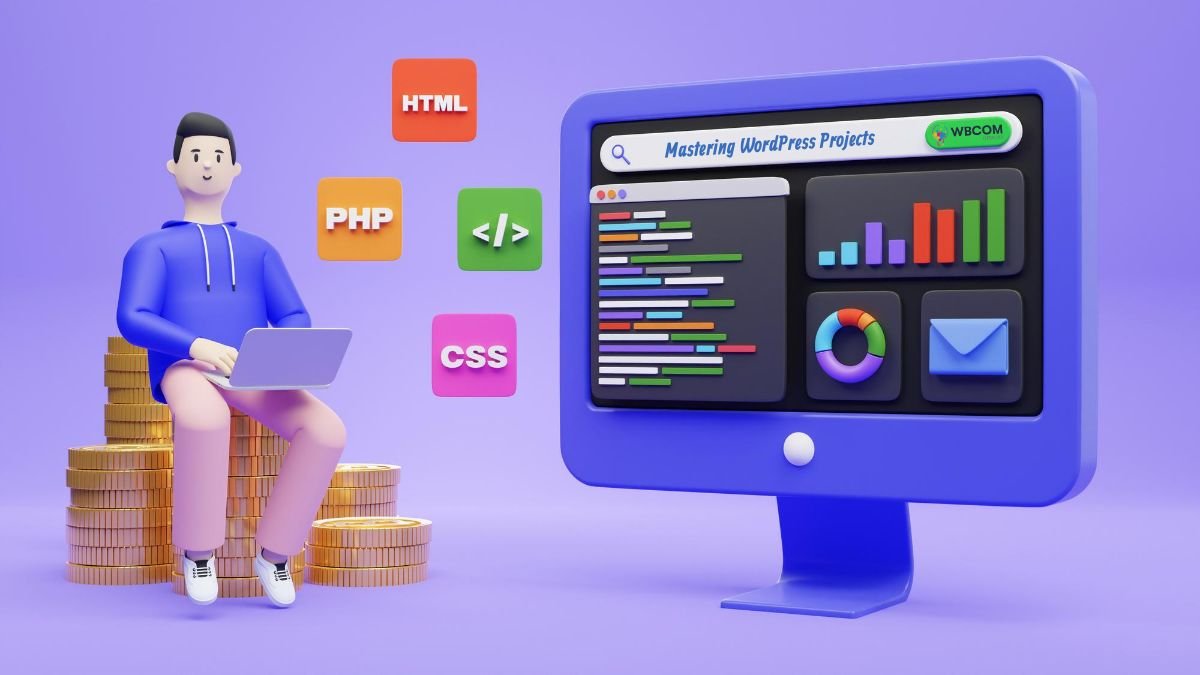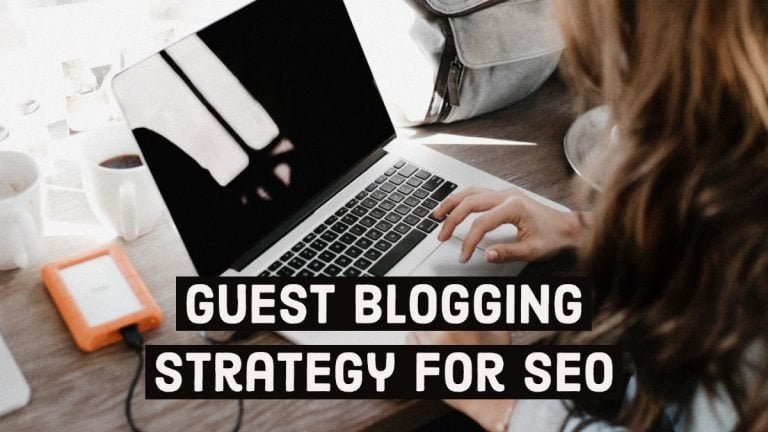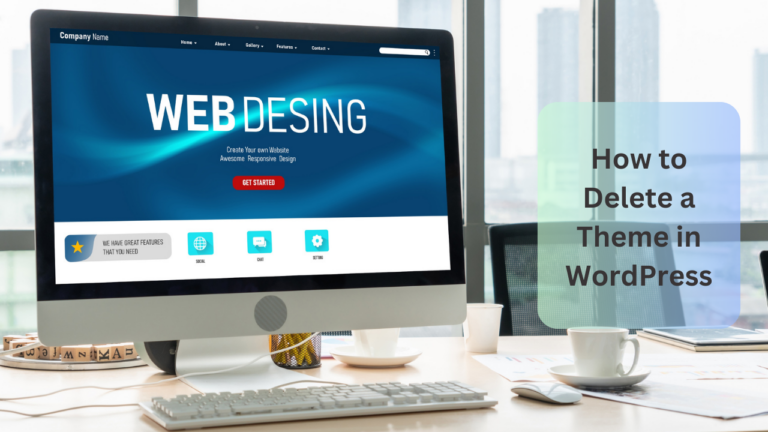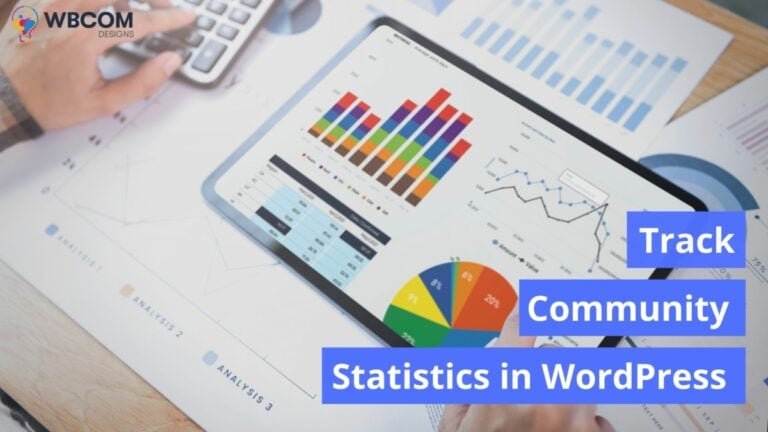WordPress is a beacon in web development, powering an impressive portion of the internet with its robust and versatile content management system (CMS). Renowned for its ease of use, extensive customization options, and vibrant community, WordPress has become the go-to platform for businesses, bloggers, and developers. This blog delves into the nuances of effective WordPress project management and the art of fostering long-term relationships with clients. Our journey will explore the strategic approaches and best practices that ensure the success of WordPress projects and cultivate enduring partnerships.
Table of Contents
ToggleUnderstanding WordPress
The WordPress Landscape
At its core, WordPress offers a rich ecosystem that caters to a wide array of web development needs. Its themes and plugins stand as the pillars of customization, allowing users to tailor their websites to precise specifications easily. Themes dictate a website’s visual aesthetics and layout, while plugins extend functionality, adding features ranging from e-commerce capabilities to SEO optimization tools.
The WordPress community is another cornerstone of its ecosystem. Comprising developers, designers, content creators, and enthusiasts, this vibrant collective contributes to the platform’s continuous improvement through open-source projects, forums, and WordCamps. This communal support structure ensures that WordPress users access knowledge, resources, and assistance, fostering collaboration and innovation.
Also Read: Crafting Your Course Empire: Membership Models that Magnify Your Impact
Project Initiation
The initiation phase of a WordPress project lays the groundwork for its success. This stage involves key activities such as establishing communication protocols, understanding client needs, and setting clear project boundaries. Each element plays a crucial role in ensuring that the project is aligned with client expectations and is set up for a smooth execution.
Effective Communication
Clear and consistent communication forms the backbone of any successful WordPress project. From the outset, establishing a communication plan that outlines how and when updates will be shared is vital. This can include regular meetings, email updates, project management tools where tasks, milestones, and feedback can be centralized, as well as an employee scheduling app to streamline workforce management and task allocation.
Deep Dive into Requirements
Understanding the client’s vision, goals, and specific requirements is essential for successfully delivering a WordPress project. This involves more than just a superficial gathering of needs; it requires a deep dive into the client’s business, target audience, and the problems they are trying to solve with the website. Techniques such as interviews, questionnaires, and workshops can uncover the underlying objectives effectively. This comprehensive requirement gathering ensures that the project is strategically aligned with the client’s business goals and provides a clear roadmap for development.
Setting Clear Expectations
Defining the project scope, deliverables, timelines, and budget at the beginning of the project is critical for managing client expectations. A well-defined project scope helps to prevent scope creep, ensuring that the project remains focused and within the agreed parameters. Clear timelines and milestones provide a schedule for deliverables and progress checks, while a transparent discussion about the budget helps align the project’s ambitions with financial constraints. Setting these expectations early on helps build trust and ensures a smooth project flow without unwelcome surprises.
By paying close attention to these aspects during the project initiation phase, you lay a strong foundation for a successful WordPress project. Effective communication keeps all stakeholders informed and engaged, a deep understanding of requirements ensures that the project meets the client’s needs, and clear expectations prevent misunderstandings and keep the project on track. Together, these practices not only lead to the project’s successful completion but also help build a positive, long-term relationship with the client.
Also Read: 10 Ways to Navigate and Overcome Challenges in a Competitive Online Marketplace
WordPress Project Management Essentials
Managing a WordPress project effectively involves a keen understanding of the platform’s vast potential and the ability to harness its strengths to meet specific project requirements. Here, we delve into three critical aspects: customization, security and performance, and the integration of sustainable and accessible web practices.
Tailored Solutions through Customization
WordPress is renowned for its unparalleled customization capabilities, making it possible to tailor websites to any business’s exact needs and branding. The platform’s extensive array of themes and plugins allows for creating unique digital experiences, from aesthetic design adjustments to functional enhancements. Customization in WordPress is not just about visual appeal; it’s about crafting solutions that resonate with the target audience and fulfill specific business objectives. Developers can delve into the code, tweak CSS, or even build custom plugins to ensure that every aspect of the site aligns with the project’s goals. This level of customization fosters innovation and sets WordPress projects apart in the digital landscape.
Prioritizing Security and Performance
In today’s digital age, security and performance are non-negotiable aspects of web development. With its extensive ecosystem, WordPress offers numerous tools and practices to bolster website security and enhance performance. Security measures such as regular updates, secure hosting, and reliable plugins can safeguard a website from common vulnerabilities and cyber threats. On the other hand, performance optimization focuses on ensuring that websites load quickly and run smoothly, providing a seamless user experience. Techniques such as image optimization, caching, and minimizing HTTP requests are crucial in enhancing website speed and efficiency. By prioritizing these aspects, WordPress projects can achieve a high level of user satisfaction and gain favor with search engines, which increasingly factor in security and performance in their rankings.
Embracing Sustainability and Accessibility
Sustainable web development and accessibility are becoming critical components of modern web projects. WordPress developers are increasingly adopting green web practices, such as energy-efficient coding, eco-friendly hosting, and optimization strategies that reduce the digital carbon footprint of websites. Furthermore, making WordPress sites accessible to all users, including those with disabilities, is a moral imperative and a legal requirement in many jurisdictions. Adhering to Web Content Accessibility Guidelines (WCAG) and implementing features like keyboard navigation, screen reader support, and alternative text for images ensure that websites are inclusive and open to a broader audience. Integrating these practices demonstrates a commitment to ethical web development and enhances the reputation of WordPress projects among clients and users alike.
In summary, managing WordPress projects with a focus on customization, security, and performance, and the integration of sustainable and accessible practices not only leads to the creation of superior websites but also establishes a foundation for long-term success and client satisfaction. By embracing these essentials, WordPress developers can deliver projects that stand out for their quality, innovation, and social responsibility.
Also Read: Best E-commerce Protection Platforms In 2024
Fostering Long-Term Relationships
Building and maintaining long-term client relationships is essential for success in the WordPress project ecosystem. Here’s how to nurture these relationships through continuous improvement, support, partnership, feedback, and celebration of achievements.
The Path to Continuous Improvement
In the fast-paced digital world, staying relevant and competitive requires a commitment to continuous improvement. Regularly evaluating WordPress projects and implementing updates ensures that websites keep pace with technological advancements and evolving user expectations. This could involve refreshing the design, adding new features, or enhancing security measures. Continuous improvement demonstrates to clients your dedication to their long-term success and positions you as a proactive partner in their digital journey.
Beyond Development: Support and Training
Completing a WordPress project begins a new phase where clients interact with their website daily. Offering ongoing support and training empowers clients to manage their website effectively, making minor updates and understanding their site’s functionality. This support can take various forms, from detailed documentation and video tutorials to regular training sessions. This level of post-development support enhances client confidence and independence, fostering a deeper, more trusting relationship.
Adopting a Partnership Mindset
Shifting the perspective from viewing client interactions as mere transactions to seeing them as partnerships can profoundly impact the relationship’s dynamics. This approach involves understanding the client’s business goals, challenges, and industry trends and working collaboratively to achieve shared objectives. A partnership mindset leads to more open communication, mutual respect, and a willingness to go above and beyond, resulting in higher client satisfaction and loyalty.
The Power of Feedback
Establishing a structured process for collecting and acting on client feedback is crucial for continuous improvement and client satisfaction. Feedback mechanisms, such as surveys, review meetings, and suggestion boxes, provide invaluable insights into client needs and perceptions. Acting on this feedback enhances service quality and shows clients that their opinions are valued and taken seriously, strengthening the relationship.
Celebrating Achievements Together
Recognizing and celebrating project milestones and successes with clients is an often overlooked aspect of relationship building. Celebrations, whether through a simple thank-you note, a shout-out on social media, or a commemorative event, can significantly boost morale and reinforce the bond between you and your clients. Acknowledging achievements fosters a sense of shared accomplishment and appreciation, laying the groundwork for a lasting partnership.
In conclusion, fostering long-term relationships in WordPress project management involves more than just delivering a finished product; it requires a commitment to ongoing support, continuous improvement, and a genuine partnership approach. By implementing these strategies, you can build strong, enduring relationships that benefit your clients and your business in the long run.
Conclusion
Navigating WordPress projects successfully requires a blend of technical prowess, strategic foresight, and a deep commitment to client relationships. Throughout this blog, we’ve explored the multifaceted nature of WordPress development, from leveraging its vast customization capabilities to staying abreast of trends like AI integration, headless CMS, and mobile-first design. These elements enhance the functionality and appeal of WordPress sites and ensure they meet the evolving demands of the digital landscape.
Effective project management is pivotal, starting with clear communication, thorough requirement gathering, and setting well-defined expectations. These practices lay a solid foundation for project success and help manage client expectations. Furthermore, prioritizing security, performance, sustainability, and accessibility within WordPress development underscores a commitment to quality and ethical web practices, enhancing the end-user experience and broadening the reach of digital content.
The essence of building lasting client relationships extends beyond the technical delivery of a project. It involves a continuous improvement cycle, supportive training, and a partnership mindset that views client success as a mutual goal. Emphasizing the importance of feedback allows for adaptive and responsive service enhancements, fostering a collaborative and trusting client dynamic. Celebrating big and small achievements reinforces the shared journey and successes, strengthening the bond between clients and service providers.
Essentially, the path to creating successful WordPress projects and enduring client partnerships is paved with a strategic and client-focused approach. It demands an ongoing commitment to excellence, innovation, and a genuine investment in client success. By embodying these principles, WordPress professionals can deliver outstanding projects and cultivate relationships that stand the test of time, driving mutual growth and success in the ever-evolving digital world.
Interesting Reads:
WordPress vs Magento vs SAP Hybris
10 Strategies to Optimize Product Listings on Online Marketplaces
WP Go Maps vs WP Store Locator vs WP Maps: Best WordPress Map Plugins








